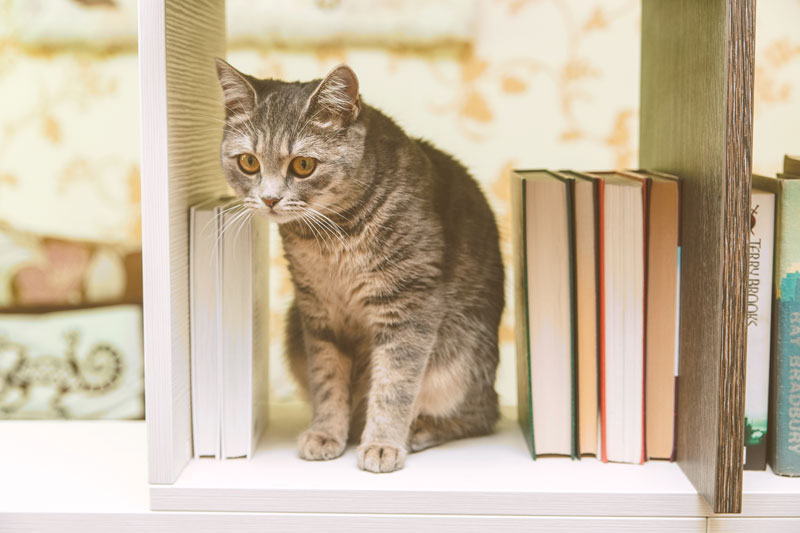Image © evakid
How to care for an elderly cat
Just like us humans, your cat is likely to start to slow down as they age. This means that you will need to care for your elderly cat a little differently than you would a younger cat.
But how?
We have put together our easy to follow care guide for those who are looking after a cat that is a little grey around the edges.
What can I expect as my cat ages?
This is a common question asked by cat owners. Much like people, there are some signs that a cat is getting older.
The skin becomes less elastic, the coat loses its shine and hearing as well as sight may deteriorate.
The sleeping pattern of your cat may also change, with some sleeping even more, whilst some seem to become restless during the night.
Immune systems do not function quite as well as your cat grows older and they are more likely to develop infections and illnesses that do not seem to be an issue for younger cats.
That said, older cats can still lead a happy, healthy life. It all depends on how you care for them.
Feeding an older cat
It is common for older cats to develop issues that can lead to weight loss. This includes kidney and thyroid disease. If you notice that your cat is losing weight, despite them eating well, you may want to take them to the vet and have them checked out for any early signs of illnesses.
There are a variety of senior diets out there which are specially designed to meet the needs of an older cat. They are lower in calories which is perfect to control weight gain and also contain restricted levels of protein which can help cats showing signs of kidney problems.
Grooming
Even when your cat grows older they will still need to regularly groom themselves. If their fur is becoming matted or unkempt then you may very well want to take them to the vets for a check up.
Claws will also need to be checked at regular intervals too. Whilst claw trimming isn’t needed in younger cats, with older cats they are less active which means that their claws could over grow and cause them issues.
How your cat ages may just depend on them. They may seem grumpier and want to be left alone, whilst some will want to take comfort in you and your family. Make sure that you keep up your regular flea, worm and vaccination plans as well as keeping an eye out for any signs of illness, discomfort or pain and you will have a happy cat for many years to come.



